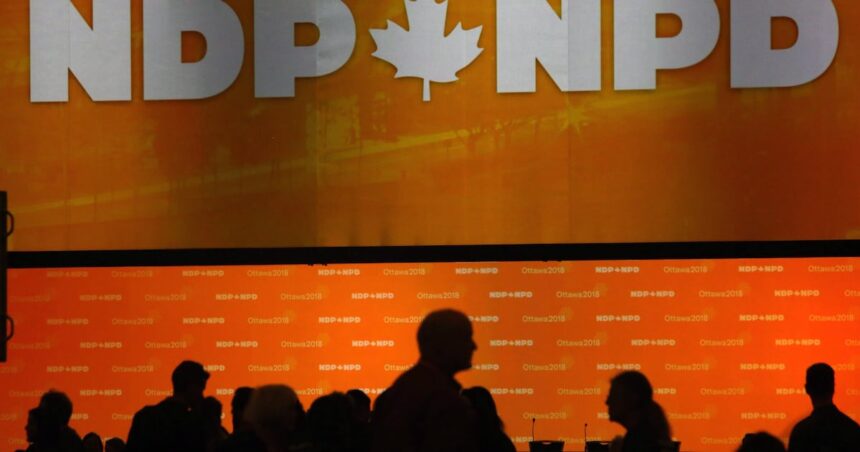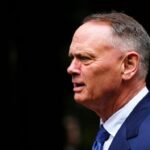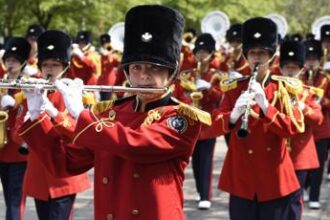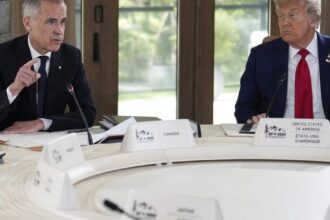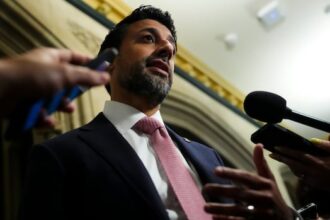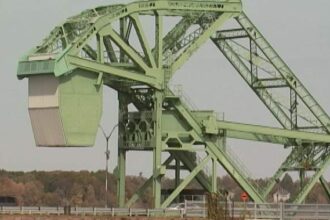The New Democratic Party has officially set March 2026 as the deadline to select a successor to Jagmeet Singh, launching what promises to be a pivotal leadership contest that could reshape Canada’s progressive political landscape. Party officials announced the timeline yesterday following an executive meeting that established the groundwork for what many insiders describe as a “renewal process” rather than merely a leadership change.
“This isn’t just about selecting a new face for the party,” said Emma Richardson, NDP National Director, speaking to reporters at the party headquarters in Ottawa. “It’s about charting our course for the next decade and reconnecting with Canadians who are looking for genuine progressive alternatives in an increasingly polarized political environment.”
The race comes at a critical juncture for the NDP, which has maintained significant policy influence through its confidence-and-supply agreement with the Liberal government but has struggled to expand its electoral footprint in recent elections. Despite helping secure landmark programs like dental care and pharmacare, the party’s polling numbers have remained relatively stagnant.
Party officials have outlined a leadership selection process that will include five regional debates across the country, beginning in September 2025. The debates will focus on key policy areas including economic inequality, climate action, indigenous reconciliation, and healthcare expansion. Unlike previous contests, the party has incorporated a series of grassroots engagement forums designed to involve non-members in discussions about the party’s future direction.
“We’re seeing growing dissatisfaction with the status quo political options,” noted veteran political analyst Martha Thompson. “The NDP has an opportunity to position itself as the authentic voice for working Canadians, but they’ll need a leader who can translate progressive policy into broader electoral appeal.”
Several potential candidates have already begun informal consultations with party members. Notable names circulating include Charlie Angus, the veteran northern Ontario MP known for his advocacy on indigenous issues; Niki Ashton, who has previously sought the leadership and maintains strong support among the party’s left wing; and rising star Matthew Green, whose eloquence and organizing skills have impressed many within the party ranks.
The leadership race will also test the NDP’s fundraising capabilities, with the entry fee set at $75,000 – a significant sum for a party that has historically faced financial challenges compared to its Liberal and Conservative counterparts. However, party officials maintain that the fee structure includes provisions to ensure diverse representation in the candidate field.
“We’ve designed a process that balances the need for serious candidates while ensuring that financial barriers don’t prevent new voices from entering the race,” explained party president Morgan Campbell. “Candidates who demonstrate support from underrepresented communities will have access to partial fee waivers.”
The timing of the leadership contest places the new leader’s selection approximately 18 months before the next scheduled federal election, providing a crucial window for the winner to establish their vision and build national recognition. Political strategists note that this timeline allows the new leader to potentially renegotiate or reconsider the party’s agreement with the Liberals before Canadians next go to the polls.
As progressive movements globally grapple with questions of identity and economic policy, the leadership race will inevitably involve significant debate about the party’s fundamental direction. Will the next leader prioritize pragmatic incrementalism and parliamentary influence, or will they champion a more transformative vision that distinguishes the NDP more clearly from the Liberals?
With democracy facing challenges worldwide and economic uncertainty persisting, could this leadership race represent not just a changing of the guard for Canada’s democratic socialists, but a reimagining of what progressive politics might accomplish in an increasingly complex political landscape?

